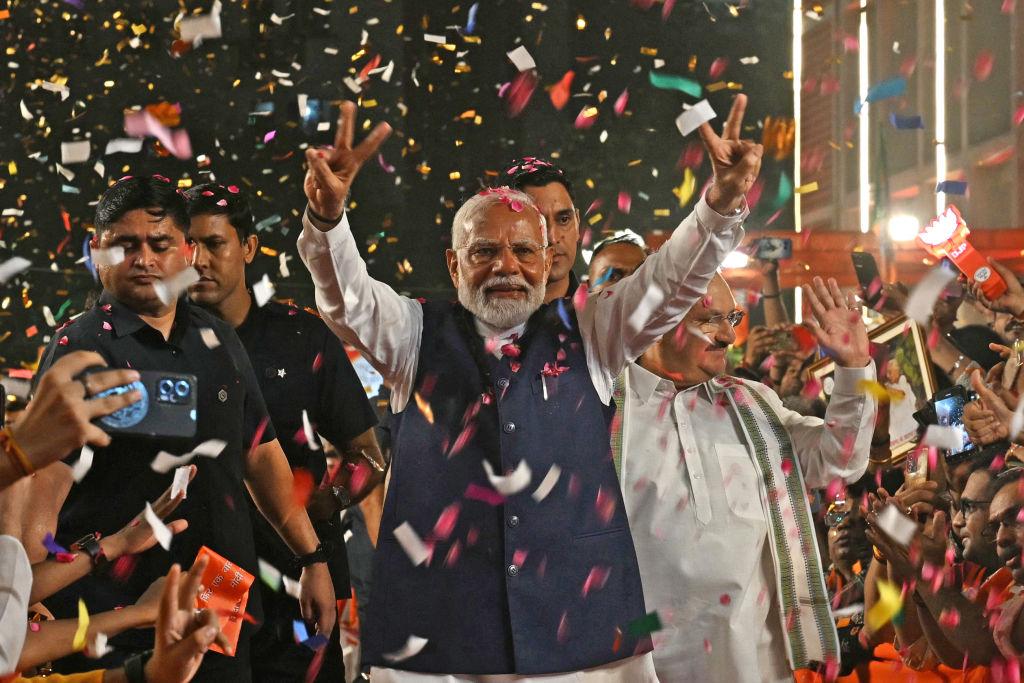Commentary
India faces an extremely challenging immediate future, with uncertainties now arising domestically, as well as on the global stage.

India faces an extremely challenging immediate future, with uncertainties now arising domestically, as well as on the global stage.